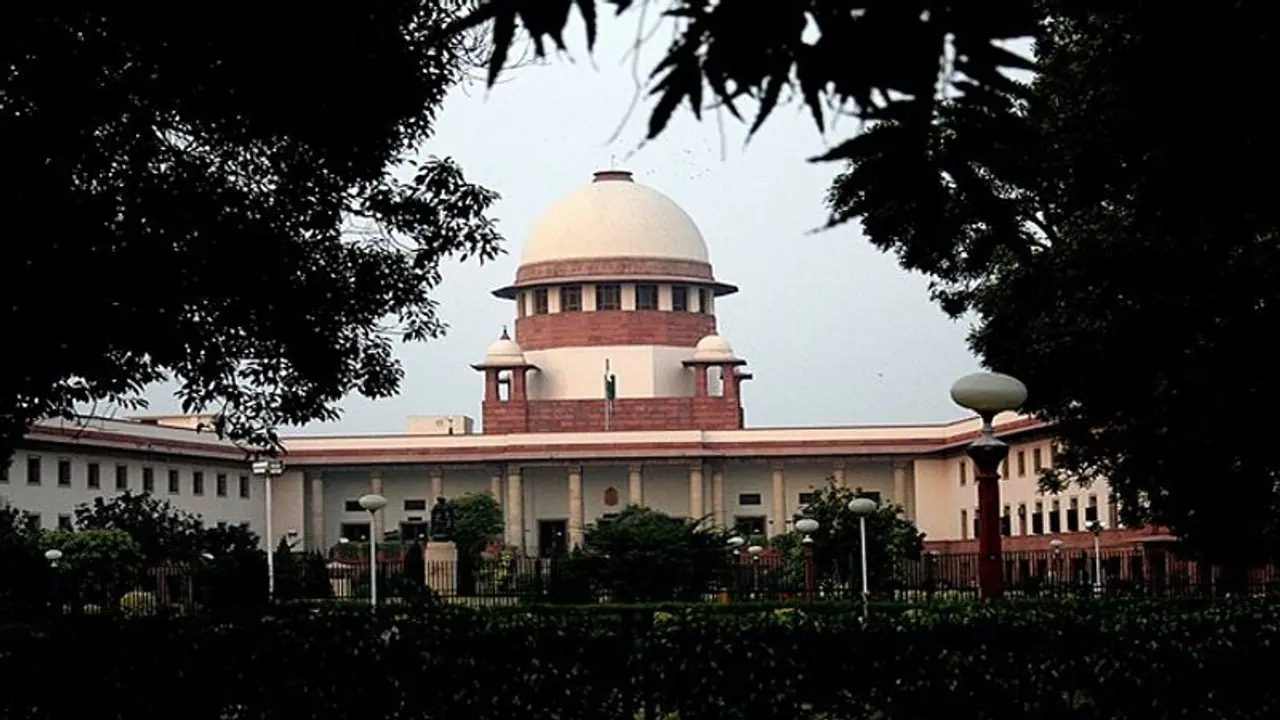The adjournment was announced by a bench consisting of Justices Bela M Trivedi and Dipankar Datta due to the unavailability of senior advocate Kapil Sibal, who is representing Umar Khalid.
The Supreme Court on Tuesday (September 5) postponed the hearing on the bail plea filed by former JNU student Umar Khalid, who is facing charges under the anti-terror law UAPA (Unlawful Activities Prevention Act) for his alleged involvement in the conspiracy related to the northeast Delhi riots of February 2020.

The adjournment was announced by a bench consisting of Justices Bela M Trivedi and Dipankar Datta due to the unavailability of senior advocate Kapil Sibal, who is representing Umar Khalid.
Delhi LG VK Saxena, CM Arvind Kejriwal flag off 400 electric buses; check details
Justice Prashant Kumar Mishra had previously recused himself from hearing Umar Khalid's plea on August 9. The petition challenges the October 18, 2022, order of the Delhi High Court, which had rejected Umar Khalid's bail application, stating that he remained in constant contact with other co-accused, and the allegations against him were prima facie true. The high court had also determined that the actions of the accused could be categorized as a "terrorist act" under the UAPA.
Umar Khalid, along with activist Sharjeel Imam and others, faces charges under the UAPA and various sections of the Indian Penal Code, accused of being the "masterminds" behind the February 2020 riots, which resulted in 53 deaths and over 700 injuries. These riots unfolded during protests against the Citizenship (Amendment) Act (CAA) and the National Register of Citizens (NRC).
Umar Khalid, who was arrested by the Delhi Police in September 2020, is seeking bail on the grounds that he had no criminal role in the violence and no "conspiratorial connect" with any other accused in the case.
The Delhi Police had opposed his bail plea in the high court, arguing that his speeches were "very calculated" and touched upon contentious issues like the Babri Masjid, triple talaq, Kashmir, the alleged suppression of Muslims, and the CAA and NRC, among others.
